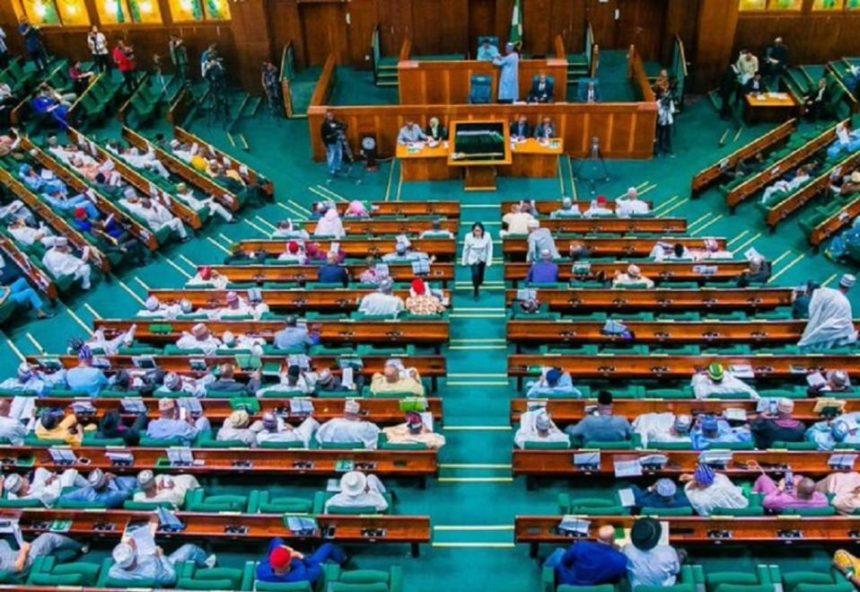The House of Representatives Committee on Public Accounts has revealed that approximately 65,000 projects valued at ₦32 trillion have been abandoned across Nigeria.
This alarming discovery includes key infrastructure, some of which were fully funded by the government but remain uncompleted.
The committee, chaired by Bamidele Salam, disclosed this during a courtesy visit to the Chairman of the Economic and Financial Crimes Commission (EFCC), Ola Olukoyede. The visit was featured in the October edition of the EFCC Magazine.

Salam stated that the committee would forward its findings to the EFCC and other law enforcement agencies upon concluding its investigations.
“Our records show about 65,000 abandoned projects littered across the country,” Salam said. “An evaluation pegged their value at ₦32 trillion. Some of these projects, including key infrastructure, were paid for in full or funded with loans, yet remain incomplete. This situation is deeply concerning.”
He added that the committee is taking steps to scrutinize the projects and ensure accountability.
To combat financial mismanagement and corruption, Salam highlighted the need for the passage of the Audit Bill, which aims to empower the Office of the Auditor General.
“The Audit Bill will equip the Auditor General’s Office with resources and capacity to prevent financial crimes and compliance violations. Strengthening preventive measures will also ease the burden on the EFCC,” he said.
In response, EFCC Chairman Ola Olukoyede called for stronger legislative action against corruption and financial crimes.
“Can we implement laws that hold individuals accountable for living beyond their means without requiring proof beyond a reasonable doubt? Can we ensure that those indicted for corruption no longer hold public office or judicial roles?” Olukoyede asked.
He emphasized the need for decisive legislative reforms to curb corruption and enforce accountability in governance.
The committee’s findings and recommendations are expected to set the stage for greater scrutiny of public projects and strengthen efforts to combat corruption nationwide.



